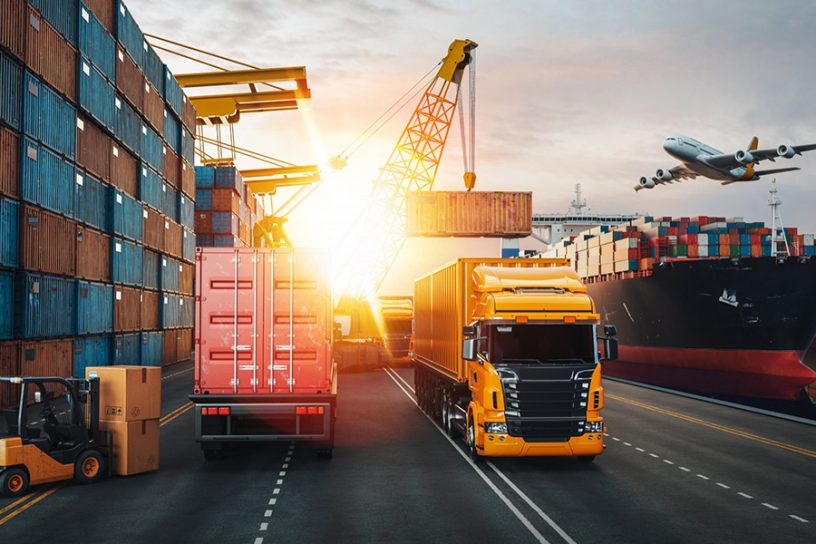
The results of the study indicate the optimization of transport performance and warehousing performance has a positive impact on the logistics distribution performance of FMCG.
Authors
Rupesh Kumar, Associate Professor, Jindal Global Business School, O.P. Jindal Global University, Sonipat, Haryana, India.
Pradeep Chauhan, School of Business, UPES, Uttarakhand, Dehradun, Uttarakhand, India.
Deepak Bangwal, School of Business, UPES, Uttarakhand, Dehradun, Uttarakhand, India.
Summary
The logistics performance of fast-moving consumer goods (FMCG) depends profoundly on transportation and warehouse performance, which can be worked on through digitalization. This paper studies the distribution of FMCG and tries to identify inefficiencies in transportation and warehousing operations. The factors leading to inefficiencies in transportation and warehouse performance are identified through a literature review.
The goal is to assess the impact of digitalization on composed activities scattering execution. The information was gathered through organized polls from 256 managers and executives in the FMCG area. The information is examined through structural equation modelling with AMOS.
The calculated model is formed, and speculations are tried in light of the model. The measuring model’s parameters were assessed for reliability, convergent and discriminant validity. The results of the study indicate the optimization of transport performance and warehousing performance has a positive impact on the logistics distribution performance of FMCG. The partly mediating effect of digitalization is also supported and found to be substantial in enhancing logistics distribution performance.
Published in: Vision: The Journal of Business Perspective
To read the full article, please click here.


